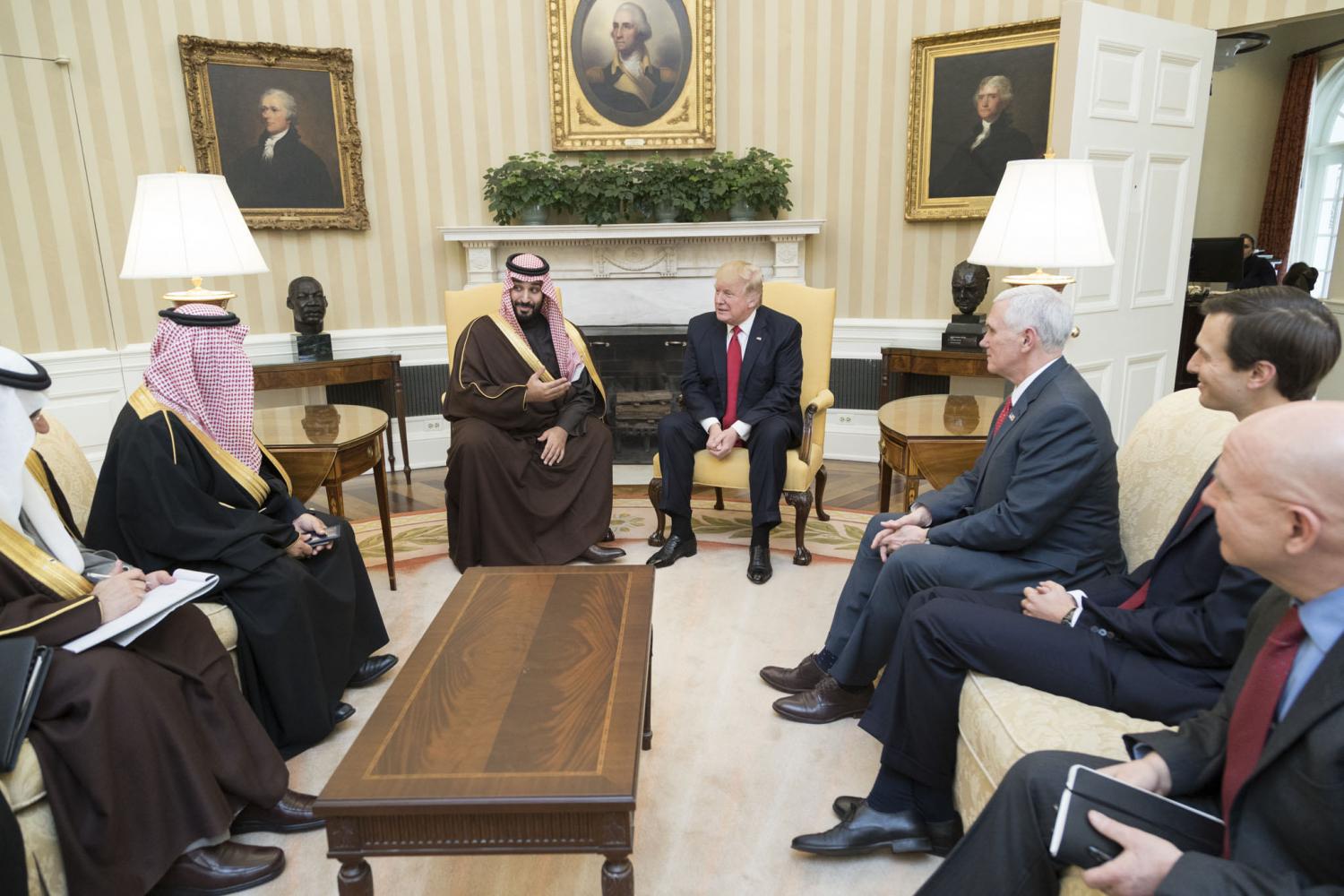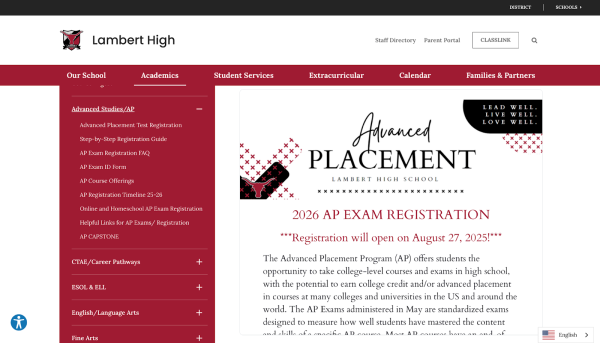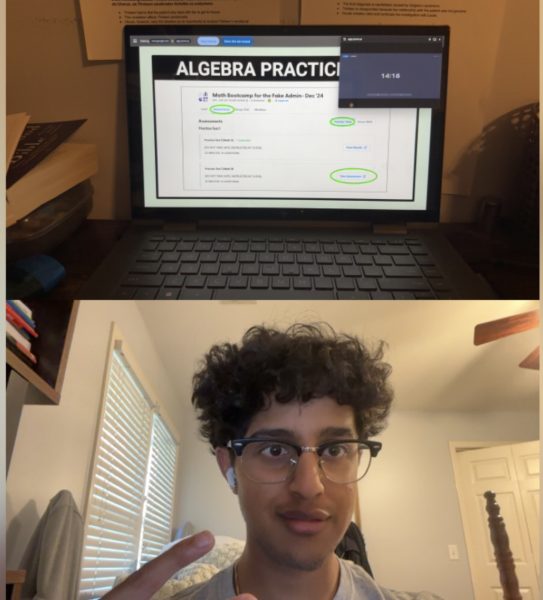What’s next for the Middle East?
Trump along side Mike Pence and Jared Kushner meet with foreign leaders.
Conflict never seems to take a break when it comes to the Middle East. Whether it is between countries within the region or countries out of the region, the Middle East is now mainly known for hosting extremely violent ideological clashes. Wars predominate the region due to the copious land disputes, religious fundamentalism, and terrorism in the area. These issues have dominated nearly every American president’s term since the ’70s, but things are not getting better. Since Donald Trump took the role of the presidency, he has faced increasing pressure from the American public on what his administration will bring to the table. Now that Trump has the power to affect major policy decisions, he can take action, negotiating with other countries to find a resolution to the Middle East conflicts(mainly the war in Afghanistan and the Iran Nuclear Deal). During his first trip abroad, President Trump made his messages clear on the future of America’s relationship with the Middle East: he aimed to extinguish funding to countries that support terrorism, called out Iran to send a message to the Islamic region and denounce terrorism, and demanded support from India and Pakistan in accordance to his “America First” policy. But where are we now nearly five months later?
Many new issues have come into play since his trip and many issues have been neglected. The Iranian Nuclear Deal and Afghanistan are two seemingly neglected topics, but are likely to sneak their way back into Trump’s rhetoric. President Trump finally addressed Afghanistan after not making too many references to it during his Middle East trip. After long debate, the Trump administration decided to add nearly 4000 troops to the region.While this is a different approach from the previous administration and a “tough decision” for Trump, after taking a look at Afghanistan from the viewing glass of the presidency, he wholeheartedly believes that this is the right decision. Trump, having bashed Obama for inadvertently giving terrorist groups information by announcing his plans via American news outlets (as in the Mosul attack in 2016), will likely keep tactical information about the movement of troops disclosed and leave it up to generals in the field. This is known as a bottom-up approach to military conflict and is radically different from Obama’s top-down approach.
The Iran Nuclear Deal will likely make its way back into headlines. Whether or not Iran complies with the restrictions will dictate its extent of media coverage. If, indeed, Iran breaks the rules of the deal – that Iran has to discontinue its nuclear program in exchange for financial and political aid – Trump will terminate this deal immediately.
Qatar has been accused of supporting terrorism. Just recently, they restored their relationship with Iran, raising many questions from the rest of the world about whether Qatar does in fact fund terror groups since Iran has heavy terrorist influences. This has been an issue for a long time and it doesn’t look as if it is going to dissipate anytime soon. Trump has left it up to other gulf states to investigate Qatar, and, while most of Qatar’s neighbors continue to accuse it of funding terror, Qatar denies all allegations.
Trump’s son-in-law, Jared Kushner, known as the “peacemaker,” is striving for a deal with Israel regarding its Islamic neighbors. He recently met with Israeli Prime Minister Benjamin Netanyahu to work out what Trump calls the “ultimate deal.” There has been little information on what this deal contains since The White House has yet to let out any information on the deal, still in its early stages. Palestinian leaders urge for there to be a two-state solution rather than the United States working with Israel exclusively. A two-state approach is internationally regarded as the best solution, as many believe it is the best way to create a lasting peace between Israel and Palestine. Kushner’s third visit to the region shows Trump’s vested interest in this particular pocket of the world. The increased pressure by the Trump administration may accelerate a possible deal. This is a defining moment for the Trump presidency. Many presidents have tried to work out peace between Israel and Palestine to no avail. Trump really wants this deal to go well, as it will cement his foreign policy legacy.
There will always be speculation on what will happen in the Middle East. While all predictions made in this article are well-substantiated, it is hard to always predict the complex world of competing ideals and policies. All eyes will now be on Trump and his administration as they look to resolve the numerous issues in the Middle East.
Your donation will help support The Lambert Post, Lambert High Schools student-run newspaper! Your contribution will allow us to purchase equipment and cover website hosting costs.













Jan Cavanaugh • Sep 15, 2017 at 5:55 pm
This is a most informative article on the constant chaos between Israel and Palestine. The writer’s view and outlook is encouraging in the hope of a solution between both factions.